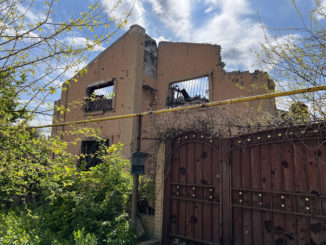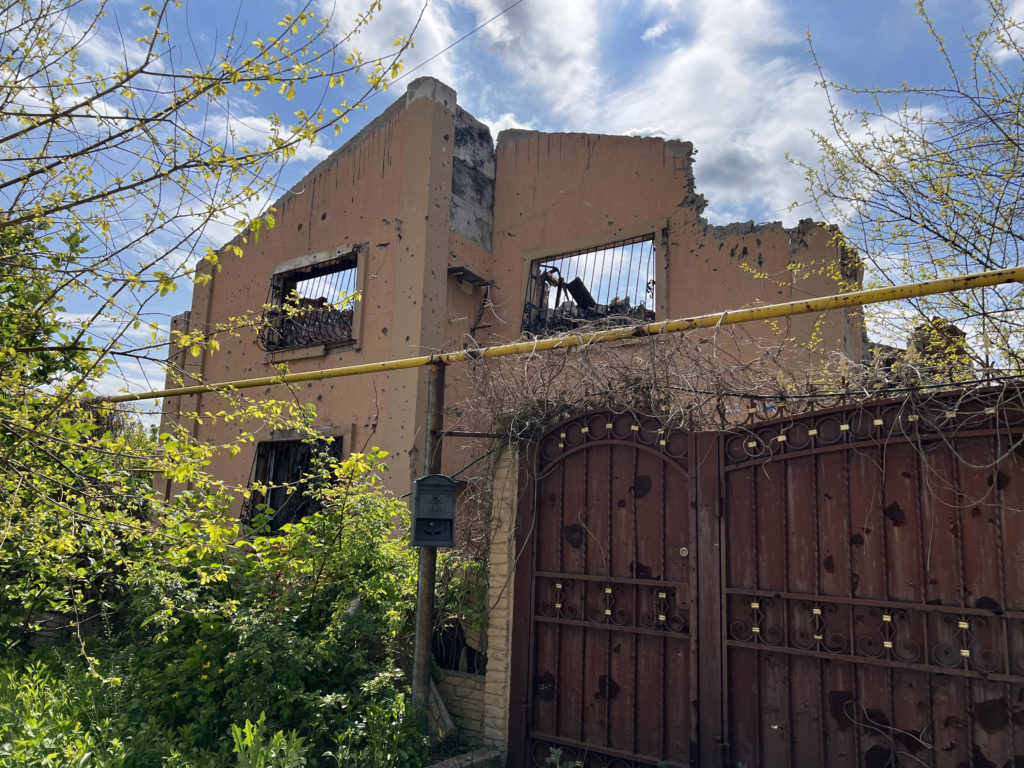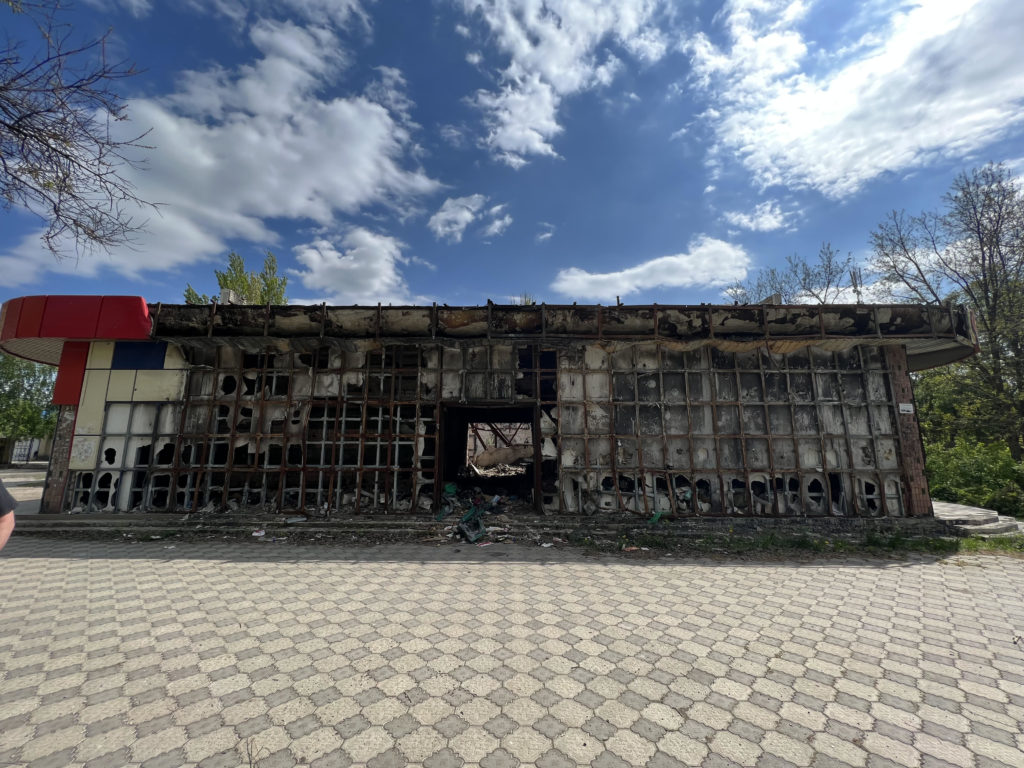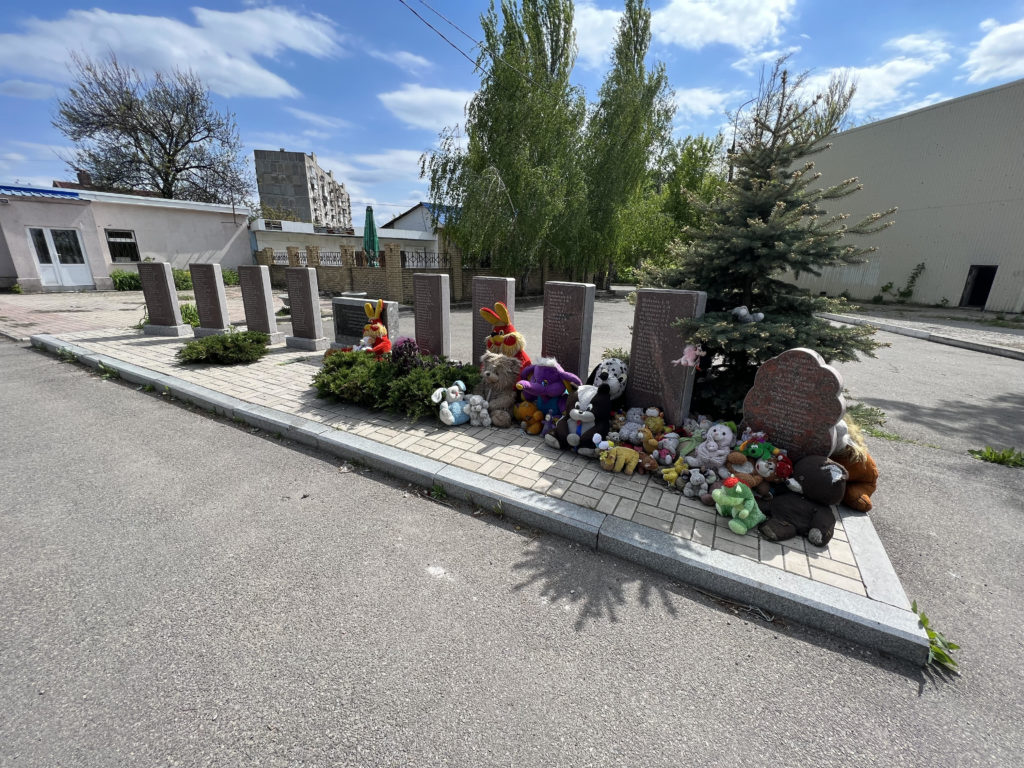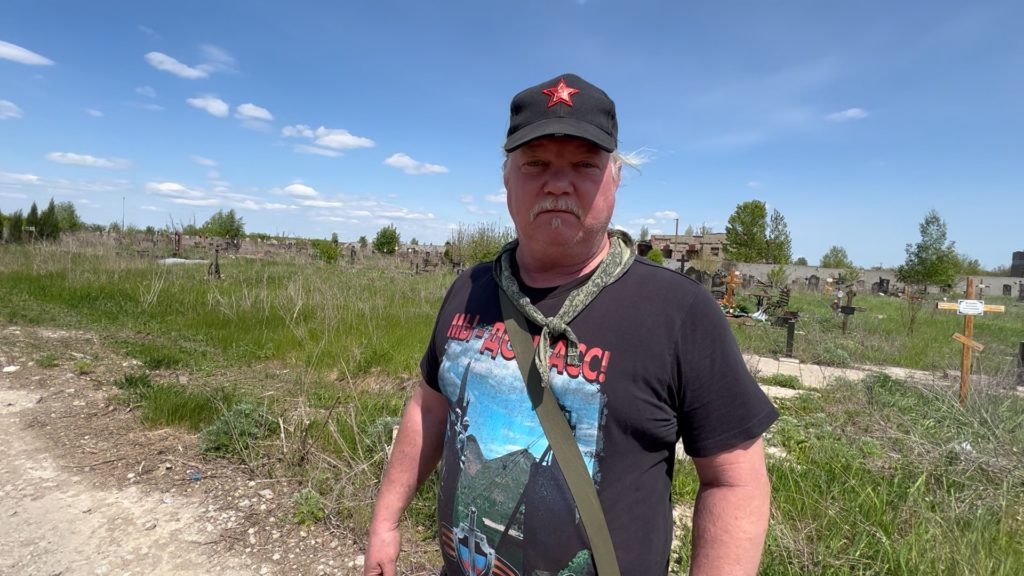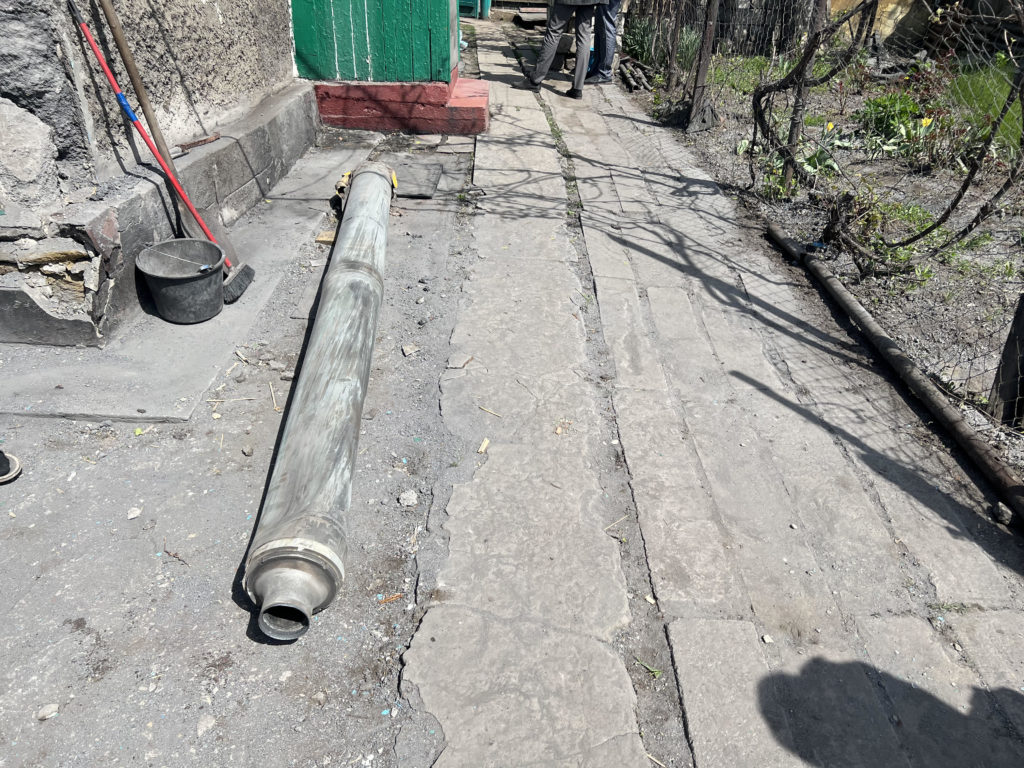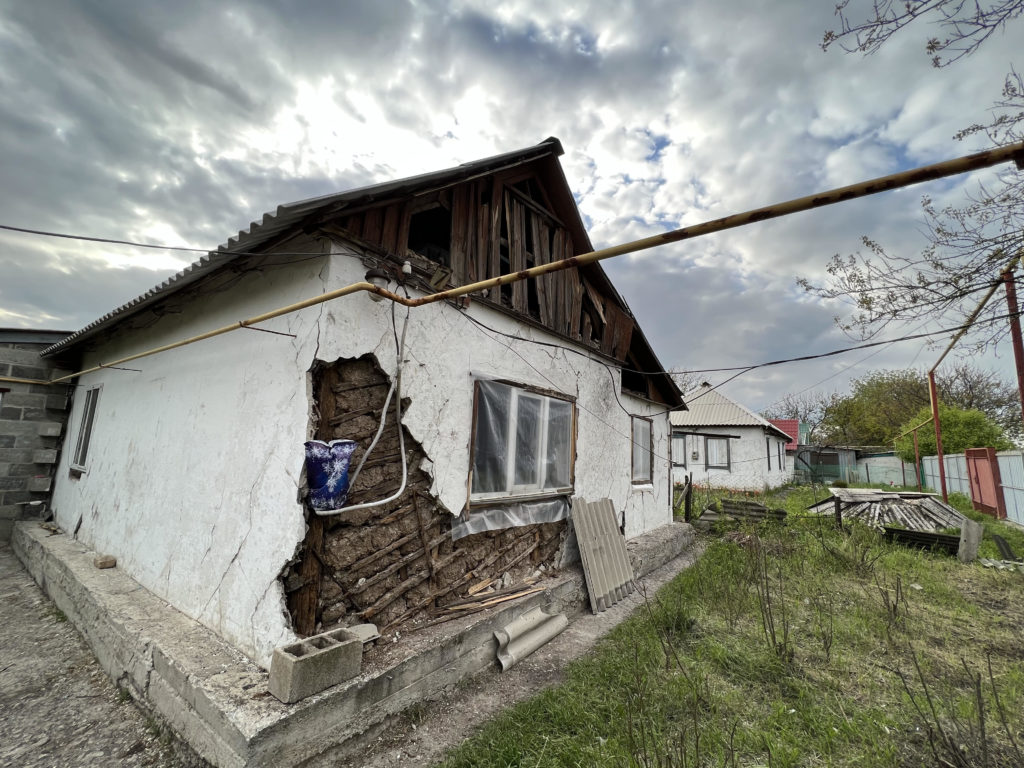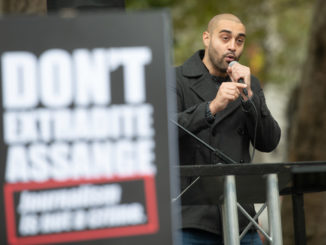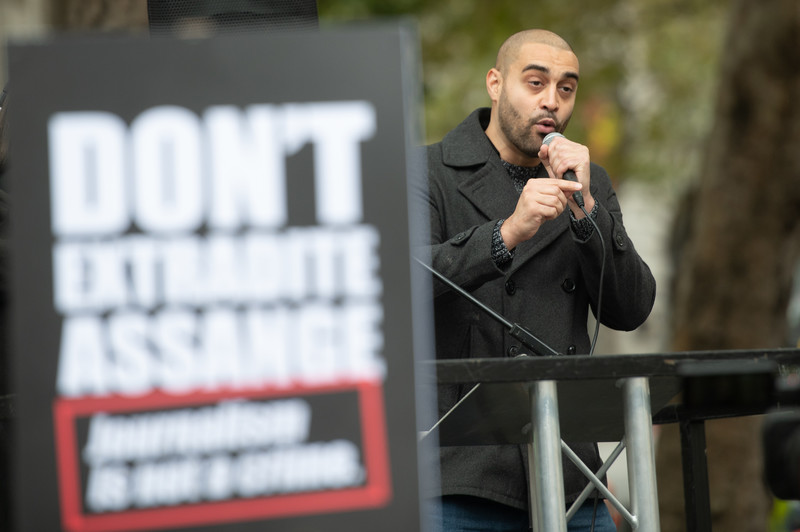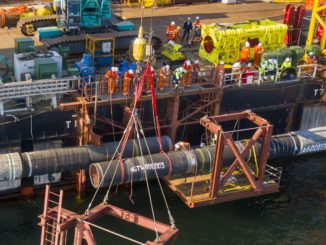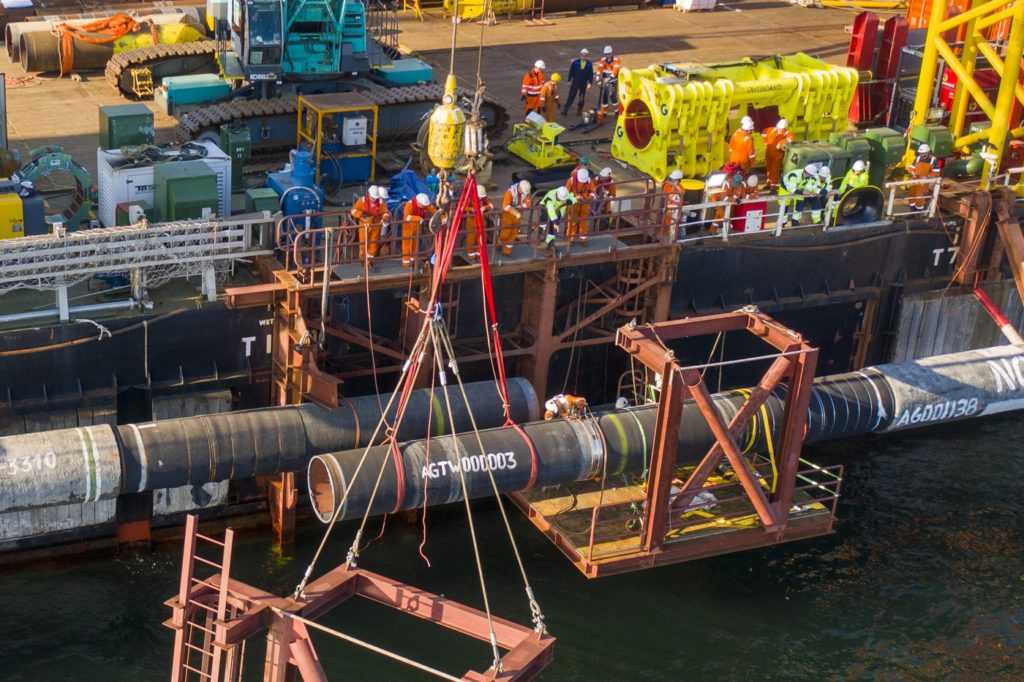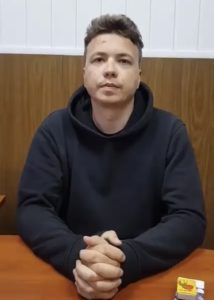
The arrest of journalist Roman Protasevich after his flight was diverted May 23 to the Belarusian capital of Minsk has generated more negative publicity for Belarus’ government and has raised questions about the extent of the new Cold War.
Protasevich, 26, is editor of outlawed Telegram channels that had stirred opposition to President Aleksandr Lukashenko, who has ruled Belarus since 1994. Telegram is a messaging application used on smartphones. High-profile individuals, media outlets and organizations also use it to broadcast one-way communications to their followers.
After the arrest, the Biden administration announced it would re-impose economic sanctions on state-owned companies in Belarus, and that it would add names to the list of sanctioned officials associated with “ongoing abuses of human rights and corruption.”
Dismissing Lukashenko’s claim that Protasevich’s flight contained a bomb threat, the New York Times editorialized that Lukashenko had “gone too far” in “hijacking a commercial airliner to kidnap an opposition journalist.” Aside from urging the U.S. response be “swift,” the Times referred to Lukashenko’s attempt as a “Jason Bourne plot.”
However, when former Bolivian President Evo Morales’ flight was forced to land in Vienna in 2013 because U.S. whistleblower Edward Snowden was thought to be on board, the incident was dismissed as a mistake.
Belarus is one of the last remaining socialist countries in the world and a close ally of Russia, a country the United States has targeted for decades via the first “Cold War”—when it was the former Soviet Union—and thereafter with neoliberal policies and NATO troops at its border. This puts Belarus particularly at risk for U.S. subversion.
The U.S. government has funded opposition movements against Lukashenko, who has been caricatured as a brutal dictator and a “throwback to the regional bosses of the Soviet era,” as the Times depicted him.
While some aspects of the criticism are accurate, Lukashenko has a considerable degree of popular support in Belarus because he resisted Western-imposed privatization programs in the 1990s and preserved a social safety net, resulting in low poverty and inequality levels.
The opposition movement has been depicted heroically even though it was photographed during anti-regime protests in August flying the pre-revolutionary flag, implying its goal was to reverse socialist-type economic programs.
Far-Right Links
Some of its members have ties to far right-wing networks in Europe that went unreported in the media.
A May 26 profile in the Times depicted Protasevich as a precocious young man who had bravely “resisted his country’s tyranny since he was 16” when he “first witnessed what he described as the ‘disgusting brutality’ of Mr. Lukashenko’s rule.”
His first arrest came when he watched a “clapping protest”—considered an offensive gesture in Belarus—against Lukashenko, causing him to be expelled from high school and his mother to resign as an army academy teacher.
After being forced to abandon his university studies, Protasevich became an opposition journalist in Poland, helped establish a Telegram channel to resist Lukashenko and joined forces with opposition leader Svetlana Tikhanovskaya in Lithuania.
Left out of the fawning portrait was Belarusian courts had determined the Telegram channels he had worked for, Belamova and Nexta, were “extremist” and first set up by people such as Igor Losik, who had served as consultants with the U.S. propaganda organ, Radio Free Europe.
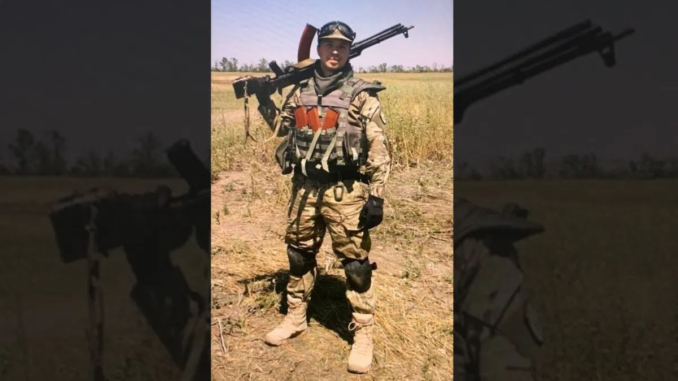
Protasevich furthermore enlisted in a militia that fought alongside the neo-Nazi Azov battalion in eastern Ukraine against Russian backed separatists, was wounded in battle and reportedly worked for the Azov battalion’s press service.
Protasevich’s selfie in an explicitly neo-Nazi brand Sva Stone. It’s extremely unlikely that one can wear these T-shirts without being “in”. pic.twitter.com/brpsUgEpPw
— Volodymyr Ishchenko (@Volod_Ishchenko) May 26, 2021
Photographed in a T-shirt featuring far-right iconography, Protasevich is even suspected of being the young man featured with an assault rifle and military uniform on the front of Azov’s propaganda magazine, which is emblazoned with a large neo-Nazi symbol.

Media’s Anti-Russia Bias
Fitting a century-long pattern of Russophobia, the Times has led the charge for a new Cold War against Russia and has supported regime change in Belarus.
When protests broke out over a contested election last summer, the Times erroneously predicted Lukashenko’s downfall many times, and in April chose not to report on a coup as well as an assassination plot led by an opposition politician holding a U.S. passport.
The biased coverage of Belarus has extended to alternative media like Counterpunch.
On May 31, it ran an article by an anti-Lukashenko playwright, Andrei Kureichik, titled “The Taking of Roman Protasevich,” which used hyperbolic language in characterizing Belarus as a “terrorist and criminal state.” In another exaggeration, Kureichik claimed Lukashenko had established “open air concentration camps” by “employing military weapons and special equipment against peaceful civilians without restrictions or liability.”
No mention was made of Protasevich’s ties to the Azov battalion in the article, nor about foreign backing of the anti-Lukashenko movement. The latter was confirmed by Russian pranksters Vovan and Lexus, who tricked Nina Ognianova, a National Endowment for Democracy (NED) senior European program officer, into admitting the NED had trained and funded the leaders of the protest movement that was working to overthrow Lukashenko.
These words apply very well to corporate media outlets—and sometimes even to the alternative press—when it comes to their coverage of Belarus, where it is in the things not mentioned that the untruth lies.
Jeremy Kuzmarov is Managing Editor of CovertAction Magazine and author of four books on U.S. foreign policy including, Obama’s Unending Wars (Clarity Press, 2019) and The Russians Are Coming, Again (Monthly Review Press, 2018), with John Marciano.

